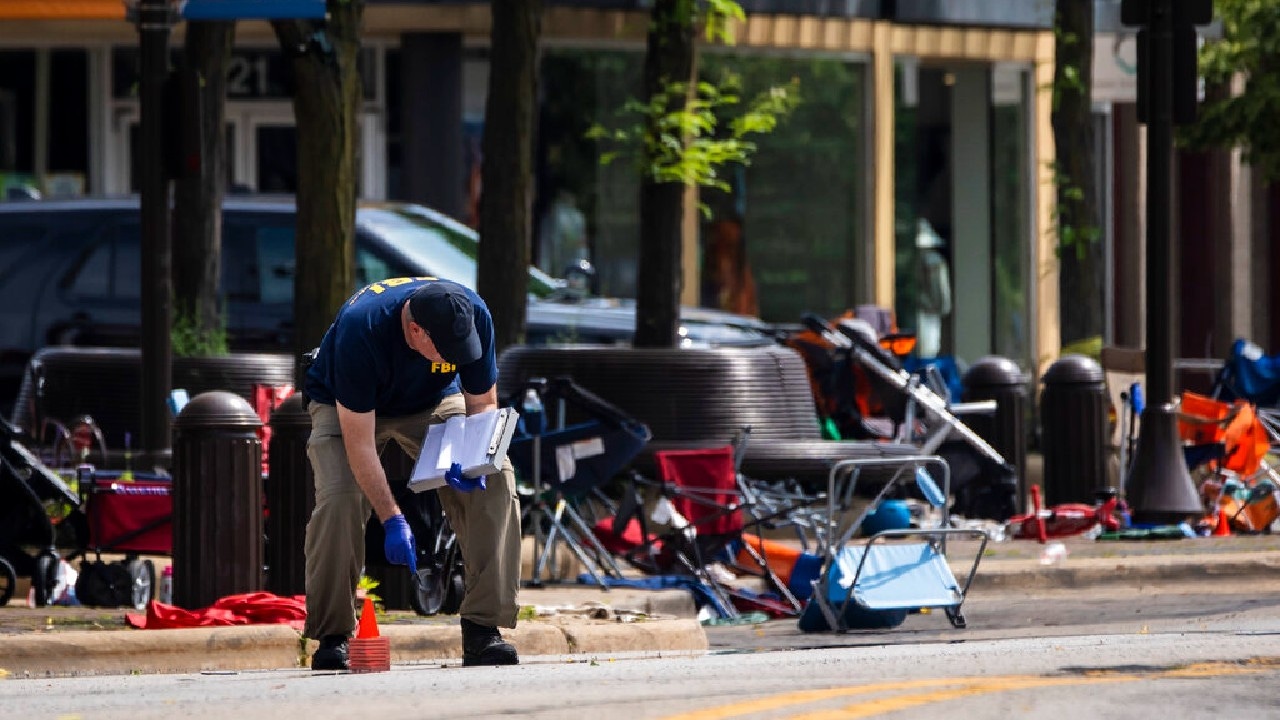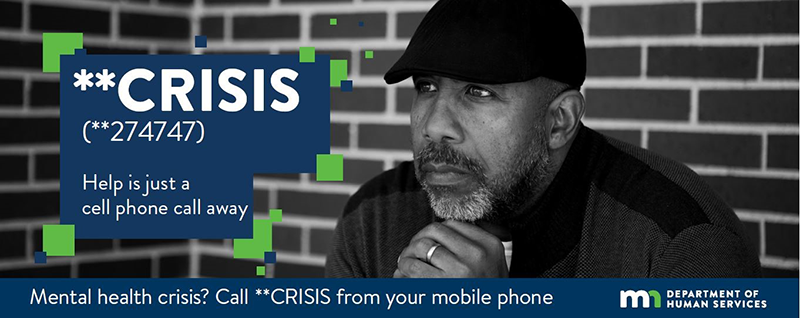Most mass shooters show a change in behavior before they act. Here’s how to report it.
While mass shootings have sadly become a common occurrence nationwide, there’s work being done to prevent more, and you can help with that effort.
As more details surface about the gunman who shot down parade-goers in a Chicago suburb, an expert in mass shooting analysis says there were several warning signs leading up to the deadly incident.
“He was posting tons of really graphic, violent content online, [and] family reported some changes in behavior that they had noticed him kind of getting darker,” said Jill Peterson. Peterson is an associate professor of criminology and criminal justice at Hamline University and has a Ph.D. in psychology and social behavior. She is also the co-author of “The Violence Project: Mass Shooting Data & Research.”
“Those would be all of the warning signs that you would want to think, ‘What’s going on here? How do we intervene?'” Peterson said.
That intervention, Peterson said, is key in curbing these tragedies. She describes her book and work on The Violence Project as “a nonpartisan, nonprofit research center focused on using data to reduce violence.”

Members of the FBI's Evidence Response Team Unit investigate in downtown Highland Park, Ill., the day after a deadly mass shooting on Tuesday, July 5, 2022. Police say the gunman who attacked an Independence Day parade in suburban Chicago fired more than 70 rounds with an AR-15-style gun. (Ashlee Rezin /Chicago Sun-Times via AP)
By analyzing mass shooting investigations, connecting with witnesses, and even speaking to shooters themselves, patterns and warning signs are one of the key points driven home in their findings.
“We know most perpetrators are telling people they’re thinking about this,” Peterson said.
“Over 80% have a noticeable change in their behavior,” Peterson noted. “They’re acting different, people around them are picking up on it — sometimes it’s as explicit as actually posting it online or writing it in journals, and so we have to take that seriously.”
The problem at this point, according to Peterson, is that many people don’t know who to contact to report concerning behavior.
Fortunately for Minnesotans, under law, every county needs to have a mobile crisis team ready to step in and handle crises at all stages.

No matter where you are in the state, dialing **274747 will connect you with mental health professionals. You can also text “MN” to 741741 for assistance.
Hennepin County calls its crisis team “Cope” and says its lines are open 24/7.
“The first step is just calling,” Jihan Ali, administrative manager for Hennepin County’s Cope team, said.
To ease people into this process — whether someone is calling about a self-crisis or reporting warning signs of another — no commitments need to be made, and personal information does not need to be shared.
Ali also said that there are resources available in several languages.